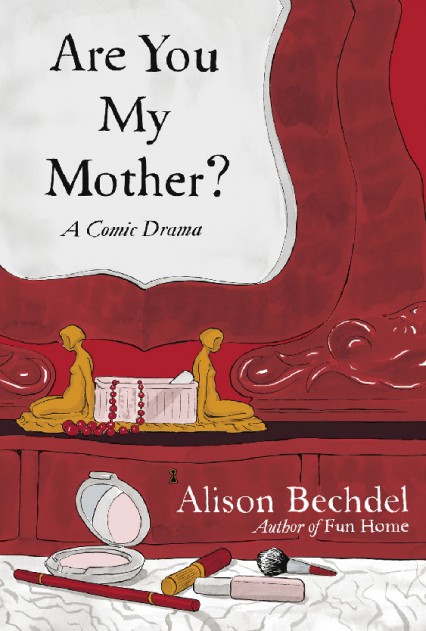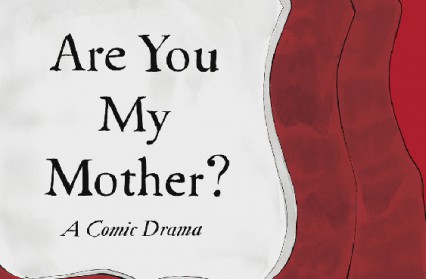B.J. Epstein delves into the latest graphic memoir, Are You My Mother?, by the American cartoonist and author of Fun Home, Alison Bechdel.

First, a confession. After all, Alison Bechdel is very honest and open in her work, so perhaps a reviewer can be too. The truth is that I was prepared to love her latest graphic memoir, Are You My Mother? I’m a long-time fan of Bechdel’s and I teach her first graphic memoir, Fun Home, in my queer literature and theory course at the University of East Anglia. So in my own biased way, I was sure that whatever she produced, I’d enjoy reading it, and that is exactly what happened. While some readers might consider this book too solipsistic or therapy-based, there is nonetheless much to find entertaining and thought-provoking.
Whereas Bechdel’s long-
The book takes its title from the well-
Winnicott is just one of the many authors who Bechdel alludes to; literary allusions are frequent occurrences in her work, although not in the manner of a show-
In other words, Are You My Mother? by Alison Bechdel manages to be both specific and universal, so that the book isn’t simply a therapeutic analysis of one woman’s relationship with her mother but rather explores parenting in a larger sense. Are children echoes or mirrors of their parents? If they are mirrors, does that mean they are in reverse? Can children parent themselves? And what does it mean if children end up parenting their parents? How does that affect them as adults? And can parents live through their children? If not, is it fair of them to resent what their children do and are? These are some of the larger questions that Bechdel ponders here.
The book is hard to put down. A reader somehow develops trust in Bechdel, at the way she puts herself under a microscope but also comes out from under her ‘plexiglass dome’, as she puts it. Her intelligence, humour, and talent are appealing. She takes herself seriously, but not narcissistically, and she uses her writing and drawing as both a way to explore the self and as an act of aggression (‘To be a subject is an act of aggression as Bechdel writes). For some, especially those in the lesbian community, Bechdel’s oeuvre serves as a transitional object, but for all readers, there is much to think about in Are You My Mother?
Are You My Mother? by Alison Bechdel is available now.
BJ Epstein is a regular contributor to Wales Arts Review.











